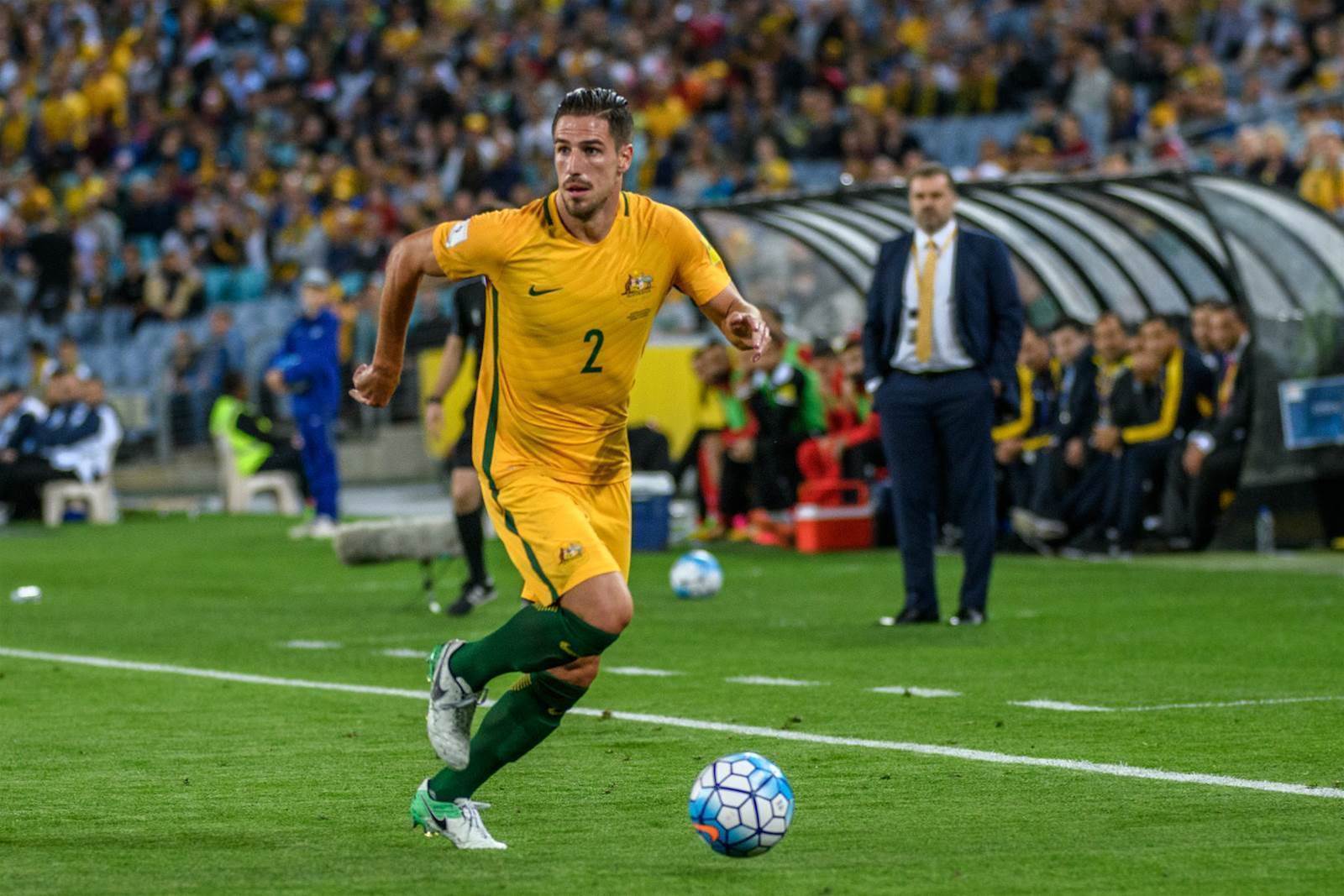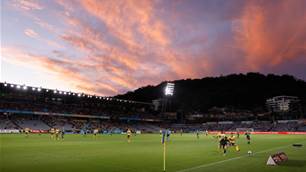Socceroo Milos Degenek wasn't even born the last time Red Star Belgrade qualified for the Champions League group stage... but back then, his club went in as defending champions.
Now they're back and after an historic opening group stage home draw against Napoli, they go into next week's clash full of pride and optimism against PSG in Paris.
“It’s something that gives us a nation, us as a club, us as a people, a big boost," Degenek told the BBC World Service.
"It shows the world that Serbian football is not dead, that Red Star is still alive and kicking about really well.
“I wasn’t even born the last time they played Champions League so it was a dream come true for me and a dream come true for the 52,000 people that were in the stadium.
"Some of them witnessed what happened 26 years ago, most part maybe didn’t, so it’s a dream come true for us."

In 1990/91 Red Star won the European Cup (as the competition was known then) and went on to win the Intercontinental Cup (now Club World Cup) too - but their defence of the Euro title in 1991/92 was the last time they qualified... until this year.
The country was plunged into the Balkan civil war as Yugoslavia broke up – and in the midst of it Degenek was born in modern-day Serbia, only to be a refugee twice.
His family first fled to Croatia before returning to Serbia, only to leave once more in 2000 when they emigrated to a new life in Australia.
"Twice you lose everything," he said. "Twice you start life again. Now I'm back here and it's home...but it's away from home. It's kind of mixed feelings in all sorts of ways.
“I was 18 months old. I don’t like to look at it that much, but it was just a war between two religions, two people, for no reason. Political reasons and I don’t get into that I don’t like that.
"I don't like politics."
He added: “A war that took its toll. A lot of people lost their lives, a lot of people lost their homes – Croatian, Serbian, Muslim. Everyone lost their lives, some relatives, close people. Some lost houses and everything.
"It's not something we talk about. It's not something you go bragging about. You move on. You look at bigger, better things. You look at the future to try to forget the past.
"You try to build something beautiful in the future that you can talk to your kids about so you don't have to talk about the bad things.
"You want them to grow up in a nice, peaceful, positive environment."
Degenek, 24, briefly represented Serbia at youth level before returning to the green and gold which saw him go to Russia 2018 with the Socceroos.
At club level, he graduated from Bonnyrigg White Eagles to join the AIS before a dream move to VfB Stuttgart as a teenager which later took him to 1960 Munich.

A switch to Yokohama F Marinos saw Degenek eventually reunited with Socceroos coach Ange Postecoglou but straight after the World Cup, Red Star Belgrade signed him on a three year deal.
"I grew up a Red Star fan," he said. "Not just me but my whole family supports Red Star and hopefully my kids will as well.
“When the draw came out… Napoli has never won it, Paris has never won it, Liverpool has won it five times. Look at it financially, those clubs have the financial ability to win whatever they want when they want
“For us, it’s different. One Napoli player cost 60 million, our whole squad cost 44. That doesn’t matter, when you put in the history, the fans, what this club has done and what this club stands for, it’s unbelievable.
“That’s why us players, we play with heart – we don’t play for the money. It’s nice to be a part of this club at this moment."
Related Articles

Home comforts help trio close in on Champions League

Socceroos midfielder embraces move to England













